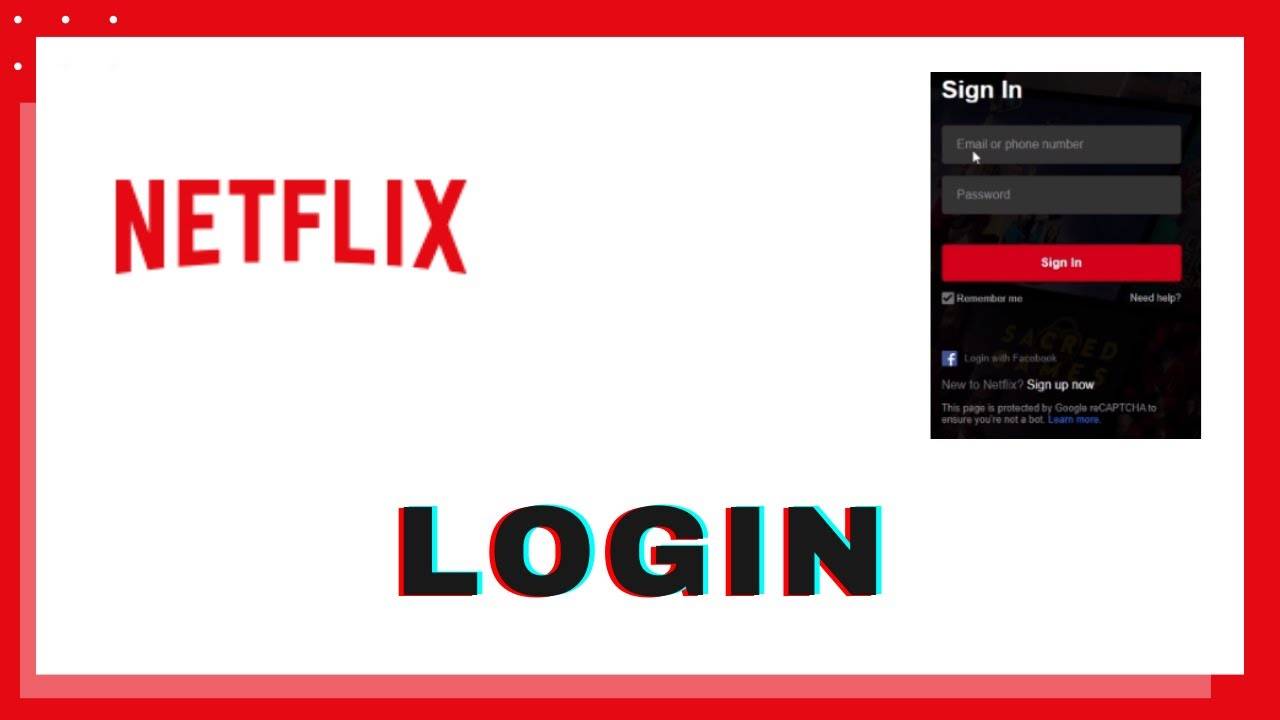
Requiring that you enter a code to access your Netflix account also doesn’t stop you from sharing your credentials. “Short term, what this is going to stop is the bulk sale of credentials of this type,” says Ragan. When Disney+ launched, thousands of accounts immediately popped up on dark web markets as hackers sniffed out the password-reusers. The media industry as a whole saw 18 billion attempts over that same stretch. Between January 2018 and December 2019, credential stuffing attacks targeting video services doubled, according to Akamai research. The practice of throwing a bunch of purloined user names and passwords at various services to see what sticks is known as credential stuffing, and it’s hit the media industry particularly hard in recent years. “And if I’ve used that password anywhere else on the internet, the criminal’s going to find it, and they’re going to have access to that, too.

“Because I shared my password with you, and you got hacked, that criminal now has my password,” says Steve Ragan, a researcher at internet infrastructure company Akamai. Some users have begun to see the following prompt when settling in for a binge: “If you don’t live with the owner of this account, you need your own account to keep watching.” Below that, there’s an option to get a code emailed or texted to the account owner, which you can enter to continue watching.Ī source familiar with Netflix's trial says that the company is still in the very early stages, and sees the effort as a way both to verify who's using what accounts and to minimize the security issues inherent in unauthorized sharing. The limited test that Netflix introduced this week is basically a form of two-factor authentication, the kind you hopefully already have on most of your online accounts. But even if it’s not Netflix’s top priority here, you’re much better off keeping your password to yourself. And yes, it is always annoying when a gravy train goes off the rails. So when the streaming service starts testing ways to curtail that practice, it understandably riles up the many, many people who have come to expect communal accounts as a matter of course.

Sharing passwords is as endemic to the Netflix experience as having your favorite show canceled two seasons in.


 0 kommentar(er)
0 kommentar(er)
